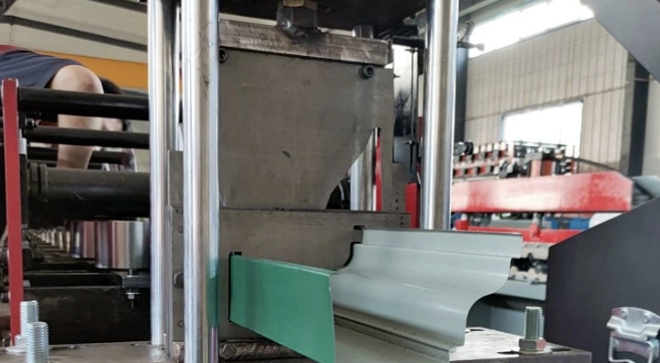
Posted on Tuesday, October 1, 2024
Custom profiles in roll forming refer to uniquely designed metal shapes that are created to meet specific project requirements, rather than using standard, off-the-shelf profiles. Roll forming machines, which are highly versatile and capable of continuous bending of long metal strips, allow manufacturers to create these custom profiles with precision and efficiency.
Flexibility in Design
One of the biggest advantages of roll forming technology is its flexibility in creating custom shapes. By adjusting the tooling and die configuration in the machine, manufacturers can produce a wide variety of custom profiles. Whether it's intricate architectural trims, unique structural components, or specialized industrial parts, roll forming machines can produce these profiles with consistent quality and minimal variation.
Benefits for Manufacturers
Overall, the ability to create custom profiles in roll forming offers manufacturers a competitive advantage by allowing them to produce specialized metal components that perfectly match their clients’ design requirements.

Used Purlin Roll Forming Machines for Sale Worldwide
Posted on Sunday, January 25, 2026
Pre-Owned Roll Forming Machines for Purlin & Structural Steel Profiles

Used Roof Panel Roll Forming Machines for Sale Worldwide
Posted on Sunday, January 25, 2026
Pre-Owned Roll Forming Machines for Roofing Panel Production

Used Roll Forming Machines for Sale Worldwide
Posted on Tuesday, January 20, 2026
Pre-Owned Roll Forming Machines with Inspection, Verification & Global Support

Steel Coil Supply for Roll Forming Machines Worldwide
Posted on Tuesday, January 20, 2026
Reliable Steel Coil Supply for Roll Forming, Fabrication & Manufacturing Applications
Copyright 2026 © Machine Matcher.